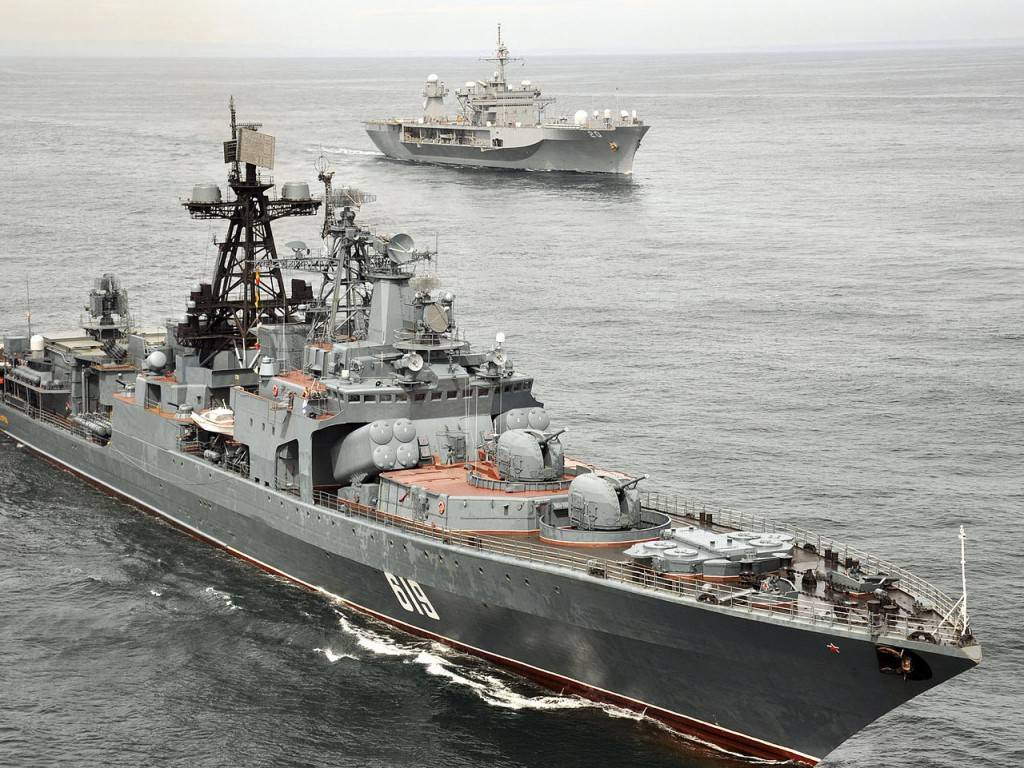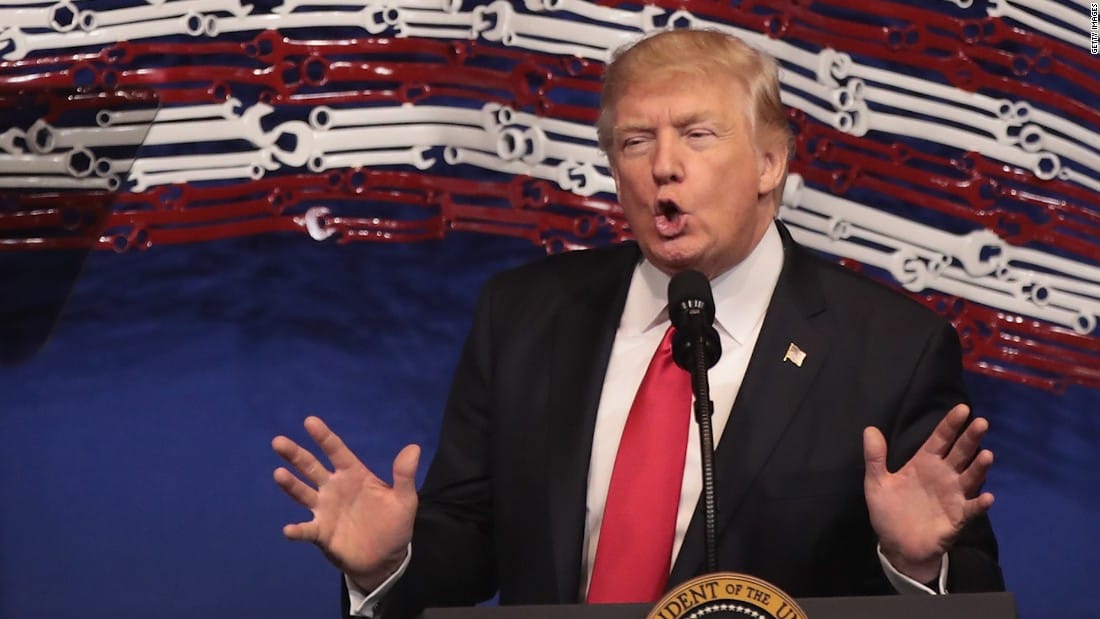The Democratic Republic of Congo (DR Congo) continues to grapple with escalating violence as nearly 3,000 lives have been lost following the capture of Goma by M23 rebel forces. Goma, a critical hub in the mineral-rich eastern part of the country, has become the epicenter of this unfolding humanitarian disaster. The United Nations has urgently called for renewed efforts to mitigate the crisis, underscoring the dire consequences of the conflict that has displaced thousands of civilians.
The unrest, marked by intense battles between the rebel militants and Congolese security forces, has left a trail of devastation in its wake. Named after their initial rebellion date in March 23rd, 2012, the M23 fighters re-emerged as a formidable force in recent months, advancing rapidly and capturing swathes of territory. Their infiltration into Goma underscores strategic ambitions, as the city serves as not only a populous center but also a gateway to the country’s untapped mineral wealth worth trillions of dollars.
Reports reveal that many of the city’s residents remain trapped amidst the crossfire, with sporadic combat and gunfire continuing to terrorize local populations. Humanitarian agencies have stepped up their efforts, but the magnitude of the crisis has overwhelmed available resources. The provincial capital, North Kivu, is witnessing an unprecedented health crisis, with damaged infrastructure limiting access to medical aid.
The M23 group, allegedly supported by Rwanda, has denied allegations of genocidal intent. However, the UN has reported connections between foreign support and the rebel movements, a claim firmly denounced by Rwanda. The geopolitical implications of such claims further complicate an already dire situation.
Historically, mineral wealth in DR Congo has been a double-edged sword. The reserves of coltan and tantalum, among others, essential in electronics manufacturing, have frequently attracted armed groups looking to bankroll their activities through resource control. Goma’s fall epitomizes how resources meant to boost the national economy have instead fueled cycles of violence, impoverishing the population.
The international community is becoming increasingly vocal over the necessity for immediate intervention. Several UN peacekeeping operations already stationed in DR Congo underscore the urgency. Yet, critics of global efforts argue that longstanding conflicts in the region are symptomatic of deeper governance and international policy failures needing systemic emergence.
Amid talks of de-escalation and dialogue, civilians’ urgent needs remind state and international actors of effective and human rights-driven means toward lasting community liberation solutions. As the world watches, African states such as Kenya pledged ally roles actual beyond speeches.



